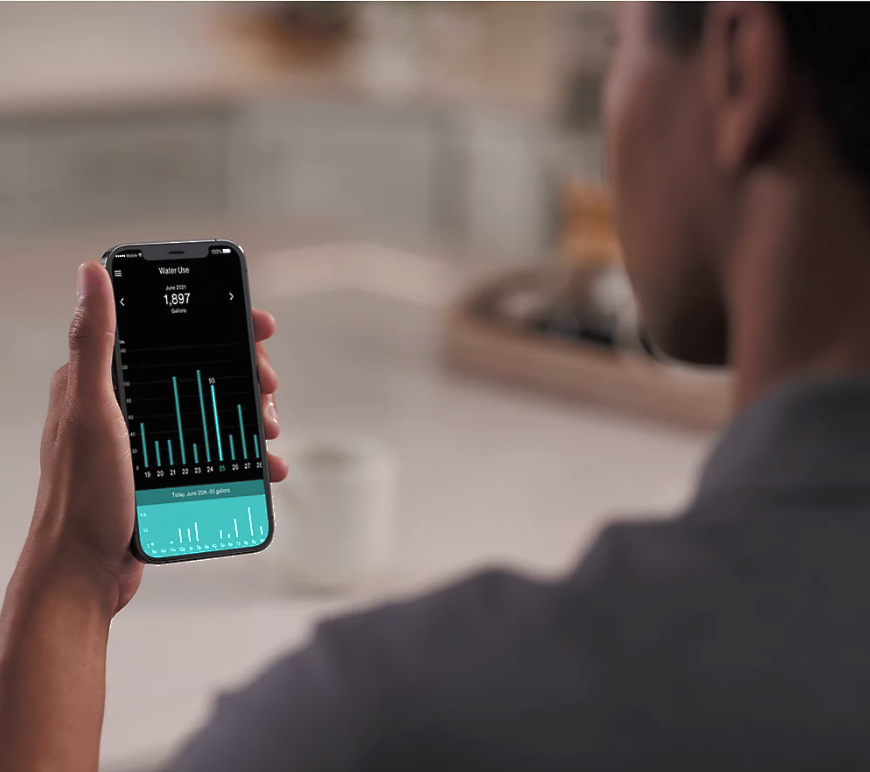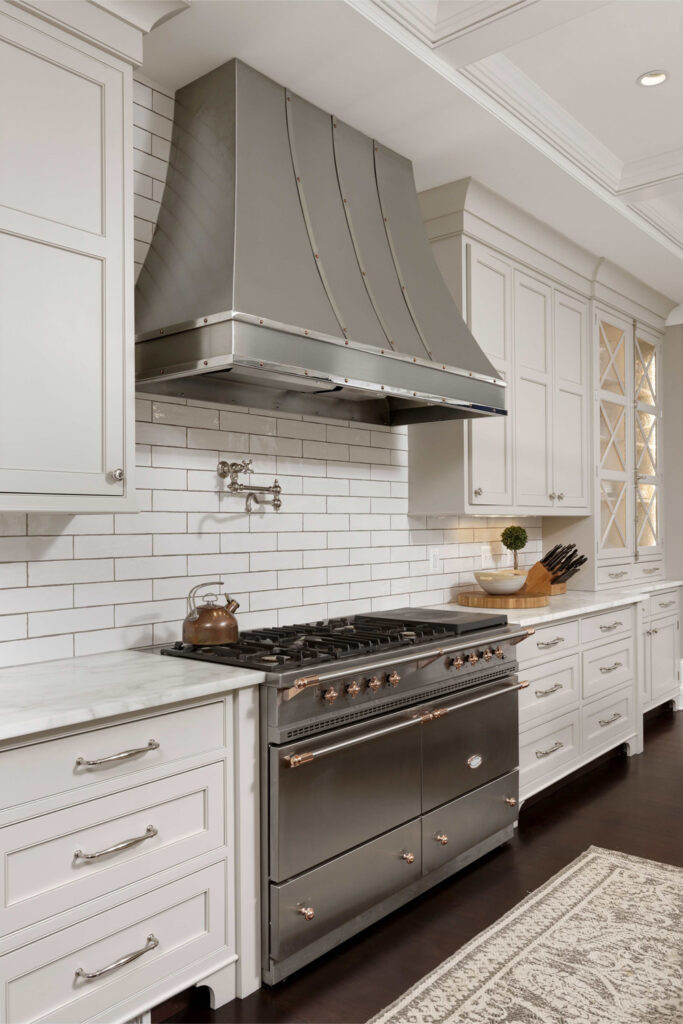9 Steps to Prevent Water Damage to Your Home
One of the most common and costly forms of property damage is home water loss. As if the repairs aren’t a nuisance enough, expenses can escalate quickly if water issues go unnoticed for an extended period or aren’t tended to promptly or properly. Over time, the dampness can attract termites and carpenter ants, which can cause significant structural issues, and cause black mold, which is an obvious health concern. Taking steps now to minimize or prevent water damage can help protect your home against these more extreme issues down the road.
Prevent Water Damage Indoors
1. Install water leak detectors.
There are two types of water leak detectors: water line monitor/shutoff devices, which can turn off the main plumbing, and water sensors that are placed in leak-susceptible areas to alert homeowners when water is found.
Shutoff devices monitor the flow of water into your house from the water main. They use a computer algorithm to determine when there’s a leak and shut the water off when a leak is detected. Several BOWA clients have installed these and reported that the systems have found and alerted them to slow leaks in various fixtures. Most systems are accessible by a phone app which can be used to turn the water back on after an alert.
Water alarms can alert you when a leak is detected by using water and moisture detection sensors. Place these systems near washing machines, dishwashers, sump pumps, water heaters and toilets to monitor leaks that might otherwise go unnoticed. Some sensor systems can turn off one area of the plumbing like a washing machine connection or a water heater.
2. Monitor your water bill.
Some water leaks can go unnoticed. Spotting significant jumps on your bill from month to month can help identify water loss undetectable to the eye, such as a leaking pipe, excessive lawn watering, continuously cycling water, or a leaking water heater.
3. Replace appliance hoses every five years.
Washing machine and refrigerator hoses should be replaced every five years to prevent potential damage from corroded or worn-down materials. Opting for high-quality materials, such as reinforced steel-braided hoses as opposed to rubber, can provide an extra layer of protection against damage.
4. Listen for the sound of running water in your home.
Simply listening for running water can help you to identify issues early. Water leaks from sinks, toilets, and showers, can sometimes be heard through your home’s walls or floors. Investigating these unusual sounds early can help you to catch and resolve issues before they worsen.
5. Look for signs of leaks and drips.
Look for drips and leaks around your dishwasher, refrigerator, sink cabinet, toilets, and washer at least once per year. Stained or discolored flooring around your appliances can be an indication of a nearby leak. Any discoloration of ceilings, walls, or flooring should be checked to ensure there is not a leak. Roofs should be inspected at five years, then every one-to-two years, to verify pipe collars, sealants, and flashings are in good condition.
Prevent Water Damage Outdoors
6. Maintain trees, shrubs, and other vegetation.
Minimize vegetation around underground water pipes to prevent damage caused by nearby roots. This online database can help you identify where to plant specific types of trees to prevent roots from bursting underground water pipes.
7. Turn off and drain outdoor hose bibs.
When temperatures fall, disconnect hoses and turn off and drain outdoor faucets to prevent water from freezing in and rupturing your water pipes.
8. Keep your gutters clear.
Avoid water overflow by keeping your gutters clear of leaves and other debris. Point your downspouts away from your home to direct the flow of water away from the house’s foundation.
9. Maintain positive slope.
A common cause of water issues in our area is buildup of mulch in planting areas adjacent to the home. Years of adding mulch can create a slope toward the house, which then funnels water toward the foundation. Whomever does your gardening should regularly inspect the areas immediately surrounding your home and other structures, making adjustments as needed to reestablish a grade away from the house.
Avoid costly emergencies by taking steps to prevent water damage in your home. If there is anything we can do to be of assistance, let us know! Our BOWA experts are here to help.
OTHER POSTS



